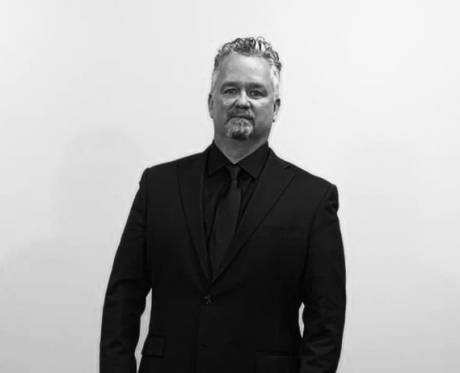Feeley: Write-in candidate contests race for Le Roy Town Justice

Tell us something about yourself (where you grew up, your current general residence, family, interests, work history):
A: My name is Tom Feeley and I was born and raised in Le Roy and I am married with two children. I just retired with 25 years in law enforcement this past July.
As a newcomer, how will you get up to speed on the duties of town justice?
A: As a Field Officer Director with DHS, our authorities are very similar to Judges under 8 USC. I have signed Warrants of Arrest, examined evidence, set bond, made custody determinations, taken and heard sworn statements and testimony, and granted relief under the law. I have also testified in Federal Court as a Subject Matter Expert in different areas. New York State provides mandatory training, and I will have no issues transitioning over into this role.
What do you feel are the most important tenets of serving in this role?
A: Impartiality, compassion, and fairness.
What makes you qualified to be a town justice?
A: As I said above, as a Field Officer Director with DHS, our authorities are very similar to Judges under 8 USC. I have signed Warrants of Arrest, examined evidence, set bond, made custody determinations, taken and heard sworn statements and testimony, and granted relief under the law. At ICE’s National Academy, I taught Immigration Law, Nationality Law, 4th Amendment, and Criminal Law. I was one of only three Instructors certified by DHS to teach law.
Do you consider yourself unbiased in all aspects of ruling on cases?
A: Yes.
Would there be any situation that you would recuse yourself due to a conflict of interest?
A: As a Judge, it is my duty to disclose any potential conflict of interest in a case. If this does occur, there is a process to handle these instances.
What is your personal mantra for life?
A: No matter what you are doing, try to be the best at it.
Does your professional mantra differ, and if so, how?
A: Throughout my career, I have tried to do the best I can in every position I have held.
What does having ethics mean to you?
A: Believing in honesty, integrity, respect, loyalty, and responsibility. In its simplest form, knowing the difference between right and wrong.
How would you apply this as town justice?
A: A judge should not allow family, political, social, or other relationships to influence their decisions. I, as Judge, will not allow this to happen.
What does the community need to know about you before casting a vote?
A: I’ve been in public service my entire adult life. From the Marine Corps to volunteering in different areas of the communities I have lived in, to the highest levels of the Federal Government. This isn’t a decision I made on a whim or without serious consideration.
Why do you want to serve as Le Roy town justice?
A: I wanted to move back to this area after living all over the country to apply all the experience gained in 30 years of service to the town I grew up in. I want to give something back. Allowing me the opportunity to serve in this capacity, as Town Justice, will be an honor and I look forward to continuing to serve.

